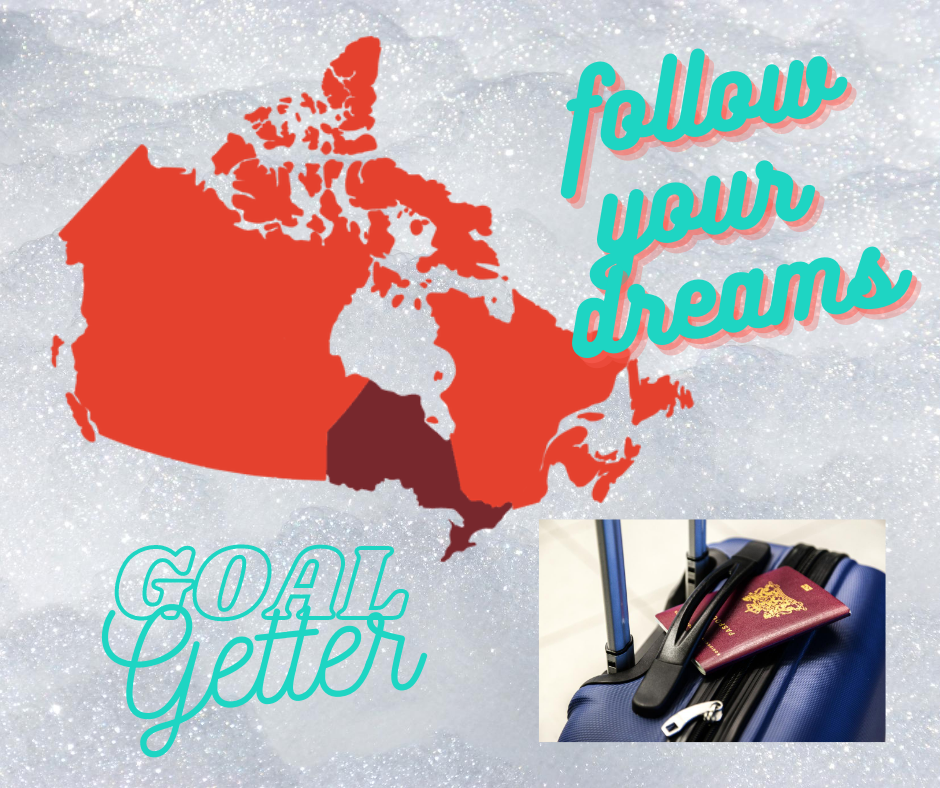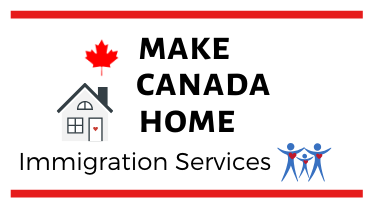Immigrating to Canada has been in Jeric’s mind for two years now. He wonders when will this dream come true for him? As a skilled worker he is smart, hardworking, an excellent team player and his boss loves him. Jeric is 100% certain that he would do well in Canada if given the opportunity.
Jeric shares the Canada dream with countless others. The hope of immigrating to Canada someday keeps them going. With over 80 federal and provincial immigration programs Jeric reflects on what indispensable attributes he must have to attain his dream.
Immigrating to Canada
Money – In all honesty immigrating to Canada costs money. You have to set aside money to process your application which comes with Immigration, Refugees and Citizenship Canada (IRCC) processing fees, third-party fees for medical exams, police certificates and language proficiency tests, and professional fees for your immigration lawyer or consultant. Processing your personal documents like passports, birth and marriage certificates also require a budget.

If Jeric is coming to Canada as a skilled worker without a valid job offer he needs to show he has sufficient Settlement Funds, also called Proof of Funds (POF). It’s the same for Self-employed PR applicants, they have to demonstrate to IRCC that they have enough funds to sustain their stay in Canada without having to depend on Canada’s social assistance.
As of February, 2020 the POF for skilled workers has been updated.
| Number of family members | Funds required (in Canadian dollars) |
|---|---|
| 1 | $12,960 |
| 2 | $16,135 |
| 3 | $19,836 |
| 4 | $24,083 |
| 5 | $27,315 |
| 6 | $30,806 |
| 7 | $34,299 |
| For each additional family member | $3,492 |
Language Proficiency – Proficiency in one or both of Canada’s official languages is also a must have when coming to Canada under one of its economic immigration programs.
Skilled worker applicants must show proof that they are well versed in English of French, and must score a minimum of CLB 7 (for English) or NCLC 7 (for English) in all language abilities of speaking, listening, writing and reading for their first official language. Applicants get extra credit if they obtain a minimum level of CLB 5 or NCLC 5 in their second official language.
Immigration pilot programs have their own criteria when it comes to language proficiency. For instance, the Atlantic Immigration Pilot Program (AIPP) requires applicants to obtain a minimum of CLB 4 in all language abilities.
Meanwhile, under the Rural and Northern Immigration Pilot Program (RNIP), minimum language requirements vary according to the job code of the PR applicant:
- NOC 0 and A: CLB/NCLC 6
- NOC B: CLB/NCLC 5
- NOC C and D: CLB/NCLC 4
When applying for the caregiver pilot programs, applicants are also required to meet the minimum language criteria of CLB 5 in all language abilities.
The provincial nominee programs likewise have their own language criteria.
Skills – Canada wants the creme de la creme… the top talents! Canada wants to ensure that those coming to live in Canada would have the necessary skills to thrive in their new home. Professional, personal development and life skills are essentials in attaining economic stability wherever you are. The lack of any of the skills set may be offset by motivation and determination to do better.
Skills are usually obtained through education and work experience. The criteria for education and work experience vary according to the particular needs of the Canadian employer and immigration program.
Armed with this information, Jeric has a better idea on what his next steps should be to fulfill his Canada dream.
Get your FREE assessment today. Get 1 step closer to your Canada dream.




